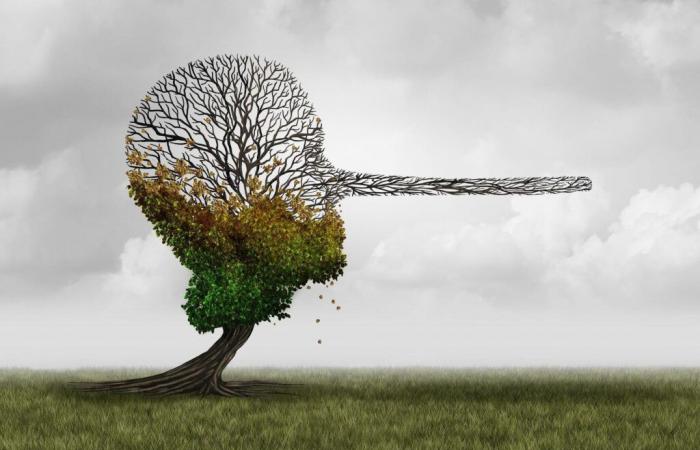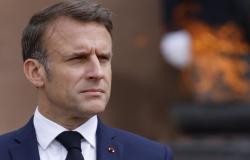
“The controversies cannot make us forget that his career, the incarnation of republican meritocracy, is an example of determination and excellence. » This is how the Ministry of National Education reacted on Sunday January 5 to the death of geochemist and former Minister of Education, Claude Allègre, at the age of 87.
“The controversies”…the term is an understatement. At the beginning of the 2000s, the geochemist, member of the Academy of Sciences, full of recognition (CNRS gold medal, Crafoord prize in 1986), spearheaded climate skeptic speeches – today some prefer to speak of climatodenialism to emphasize the difference between doubt and scientific denial – in France.
For more than a decade, he has been in newspaper columns and on TV sets to refute the human origin of climate change. In 2010, he published with Plon The Climate Deceptionor false ecology, which earned him a platform signed by more than 600 climatologists to denounce the “denigrations” et “false accusations” uttered by a non-climate scientist.
Rise of climate skepticism
Even though climate change and its dramatic consequences (heatwaves, storms, droughts, floods, melting glaciers, etc.) are no longer alarmist and distant projections but a visible and palpable reality, these climate skeptic theses have unfortunately not disappeared. of public debate. Worse, they are thriving all over the world, particularly in the United States, with the election of Donald Trump, an outspoken climate skeptic. But also in France, where studies and surveys show a resurgence of these ideas.
In November 2024, the 25th barometer of social representations of climate change from Ademe (Environment and Energy Management Agency) perfectly showed this progression of climate skepticism in public opinion. According to this survey, carried out every year since 2000, nearly 30% of French people consider that climatic disorders and their consequences are natural phenomena, as there always have been. A figure increasing by 7 points compared to 2023 and by 12 points since 2020. Added to this, 2% of respondents go so far as to deny the reality of climate change, and 6% do not express any judgment, raising the figure to almost 40% of the population does not make the link between global warming and human activity.
In detail, the oldest people, the least educated, and those on the right of the political spectrum are the most susceptible to climate-sceptical discourse. To nuance the picture, on the other hand, more and more French people would expect restrictive regulations from public authorities (70% are, for example, in favor of taxing air transport, an increase of 27 points in twenty years).
From climate skepticism to climate realism
Between the resurgence of disinformation, particularly on social networks, the technicality of the subject or even the anxiety it generates… the explanations for this upward trend are multiple and sometimes difficult to disentangle. In 2022, a survey carried out by the Jean-Jaurès Foundation showed that more than two thirds of French people considered that they lack scientific information on global warming.
It must be said that despite the solidity of the scientific consensus (99% of scientific publications agree on the human cause of global warming), theses like that of Claude Allègre have not disappeared from public debate. In France, authors like the former civil servant and polytechnician Christian Gerondeau – who is also not a climatologist – continue to publish openly climate-sceptical books, generally with a certain audience success (more than 20,000 copies for Climate, all for nothing! his latest opus published in 2024 by L'Artilleur).
Theses today are innervated by other forms of more devious discourse, not necessarily seeking to deny the reality of global warming but to put its scale into perspective (what some call climatorelativism) or to criticize any form of policy carried out in the name of the fight against global warming (climatorealism).
Growing sources of disinformation
« As the fight against global warming becomes more concrete and therefore politicized, the sources of disinformation multiply, particularly because political and economic interests are much more important.explains Eva Morel, general secretary of the QuotaClimat association, which seeks to put the climate on the media agenda. As a result, we end up with much more subtle and multifaceted disinformation, cewhich has the effect of increasing the confusion of some. »
According to Eva Morel, social networks are far from being the only ones to blame. “Many traditional media contribute to making climate a matter of opinion and ideology. » Even at the highest levels of government, this line between fact and opinion seems porous. Sunday, on X, the Prime Minister, François Bayrou, paid tribute to Claude Allègre “an original mind, a great scientist, a man of combat, who did not fear “one against all””.
—–





